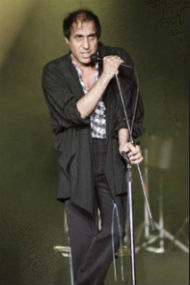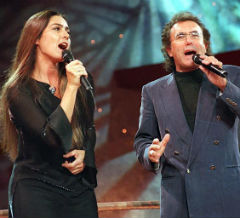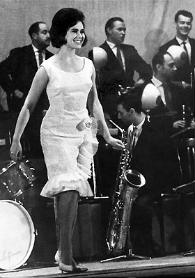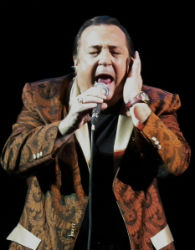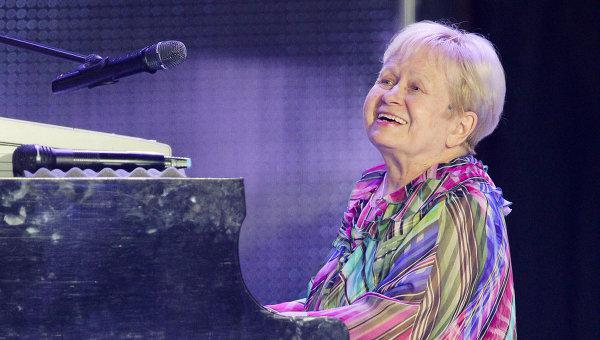ALEXANDER VERTINSKY – RUSSIAN PIERO
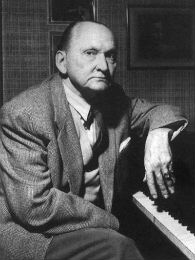 Alexander Vertinsky created a very special genre of the musical novel – “Vertinsky songs”. At his concerts, some were crying, others were mockingly crooked, but there were no indifferent … “Upstairs,” they pretended that he had not returned, that he was not in the country. About him did not write and did not say a word. But the people loved Vertinsky, he traveled around the country several times, giving a total of more than 3 thousand concerts! ..
Alexander Vertinsky created a very special genre of the musical novel – “Vertinsky songs”. At his concerts, some were crying, others were mockingly crooked, but there were no indifferent … “Upstairs,” they pretended that he had not returned, that he was not in the country. About him did not write and did not say a word. But the people loved Vertinsky, he traveled around the country several times, giving a total of more than 3 thousand concerts! ..
The childhood of Alexander Vertinsky
Alexander Nikolaevich was born in Kiev, March 21, 1889, in the family of a private attorney. The childhood of the future artist was not exactly joyful. His father could not marry his mother, although they already had two children, since the first wife did not give a divorce. His grandchildren had to adopt their grandfather, and after the death of their parents, the brother and sister were generally in different families with the relatives of the mother and for a long time did not know anything about the fate of each other.
Alexander Vertinsky consistently and rather persistently went to his future profession. In the gymnasium years, he preferred to attend various “acts” more often, and he went to church and theater equally often. After all, he grew up in Kiev, which is famous for its cultural traditions.
The first role of Vertinsky in the movie
Gradually Vertinsky becomes one of the representatives of the singer Alexander Vertinsky so-called “Bohemians”. In order to somehow make ends meet, he takes on any job: he sells postcards, loads watermelons, works as a proofreader in a printing house. But later in the book of memories he will not write a word about it.
For several years, Vertinsky was a utility worker with film crews in the Khanzhonkov atelier, and made his screen debut in 1912. Leo Tolstoy’s son Ilya made a film based on his father’s story “How are people alive?” He had to fall naked “from heaven” into the snow and go away. No one agreed to this, but Vertinsky was not against it.
Alexander Vertinsky and pop
For the first time, Alexander Vertinsky performed on stage in 1915 in the costume of Pierrot. At that time, he sang about “poor little children who were crucified with cocaine on Moscow’s wet boulevards.”
Gradually, he developed his own style of performance, he learned to exploit his speaking-singing voice – and even singer Alexander Vertinsky, that he did not quite clearly pronounce the letter “p”, only gave him charm. These songs by Vertinsky were at first called “the sad songs of Pierrot” or “arietas”. Fans literally besieged the young performer, and he allowed himself to be carried away.
The fate of Vertinsky changed dramatically in the 1920s. Like many other figures of Russian culture, he did not accept the revolution, and he had to emigrate. The events of the civil war led Alexander Nikolaevich to Sevastopol, from where in November 1920 he crossed to Turkey on a ship fleeing the Red Army.
Emigration
Among the many immigrants Vertinsky settled in Constantinople, continued to speak. But gradually the position of those fleeing from Russia began to deteriorate. Speeches Vertinsky hardly earned only for food.
Having got a Greek passport, Vertinsky leaves for Romania, but his position remains difficult there. For many months, singer Alexander Vertinsky passed through penny speeches in nightly taverns. According to Vertinsky, emigration turned him from a spoiled and capricious Moscow artist who could afford to wring royalties or even leave the stage altogether (if it seemed that the audience was not listening attentively) into a hard worker who earns a piece of bread and a piece of a roof over his head.
Suddenly, fate helps Alexander to move to Poland with his impresario Kiryakov. The reception provided there was truly royal. Numerous tours and performances continued throughout the country. In Sopot, Vertinsky met the girl Rachel, and soon she became his wife. True, their marriage did not last long.
In 1923, Vertinsky moved to Germany, two years later – to France. In Paris, he met with the representatives of the Romanov house – the Grand Dukes Dmitry Pavlovich and Boris Vladimirovich. There Vertinsky again returns to the profession of singer. Together with Chaliapin, Mozzhukhin and Anna Pavlova, Vertinsky toured first in Europe and then in America. Collections of poems and songs of the singer went abroad, but in the USSR, despite his universal popularity, attempts to publish the singer Alexander Vertinsky of Vertinsky’s works were in vain. There was not a single review of his concerts: Vertinsky remained faithful to his decadent style, which irritated the Soviet officialdom.
In the autumn of 1934 Vertinsky leaves for the United States. There he tours with great success, performing his songs, among which are the new “Alien Cities” and “About Us and the Motherland”.
To feed his family, the artist had to work a lot – to give two concerts a day. In emigration, his work has changed a lot: if, before the revolution, he was attracted by exotic countries, then there were notes of nostalgia for his homeland. His songs turn into little ballads.
